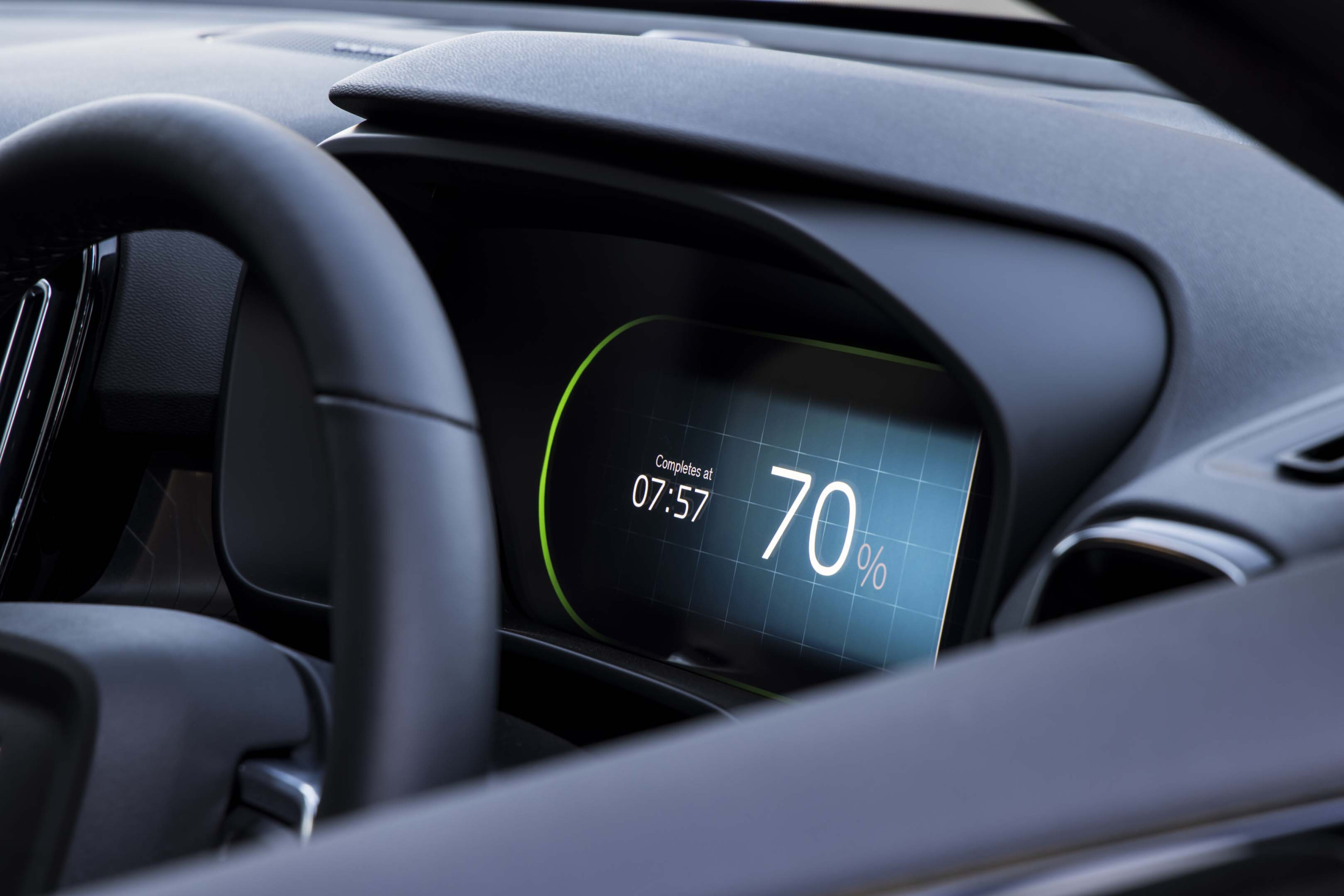
What does it cost to keep your EV charged? Here's everything you need to know.
The cost to charge an electric vehicle varies, depending on the source of electricity – just as fueling a car at different locations and with different brands might save you money.
Snapshot
- Charging an EV is generally cheaper than fuelling a petrol or diesel vehicle
- Home charging is most ideal – cheapest, most convenient, reliable
- Some public stations are expensive and can cost the same as fuel
While EVs are still generally more expensive to buy than a conventional model in the same size class, recharging with electrons is often cheaper than refuelling a petrol or diesel car – despite rising electricity and fuel prices.
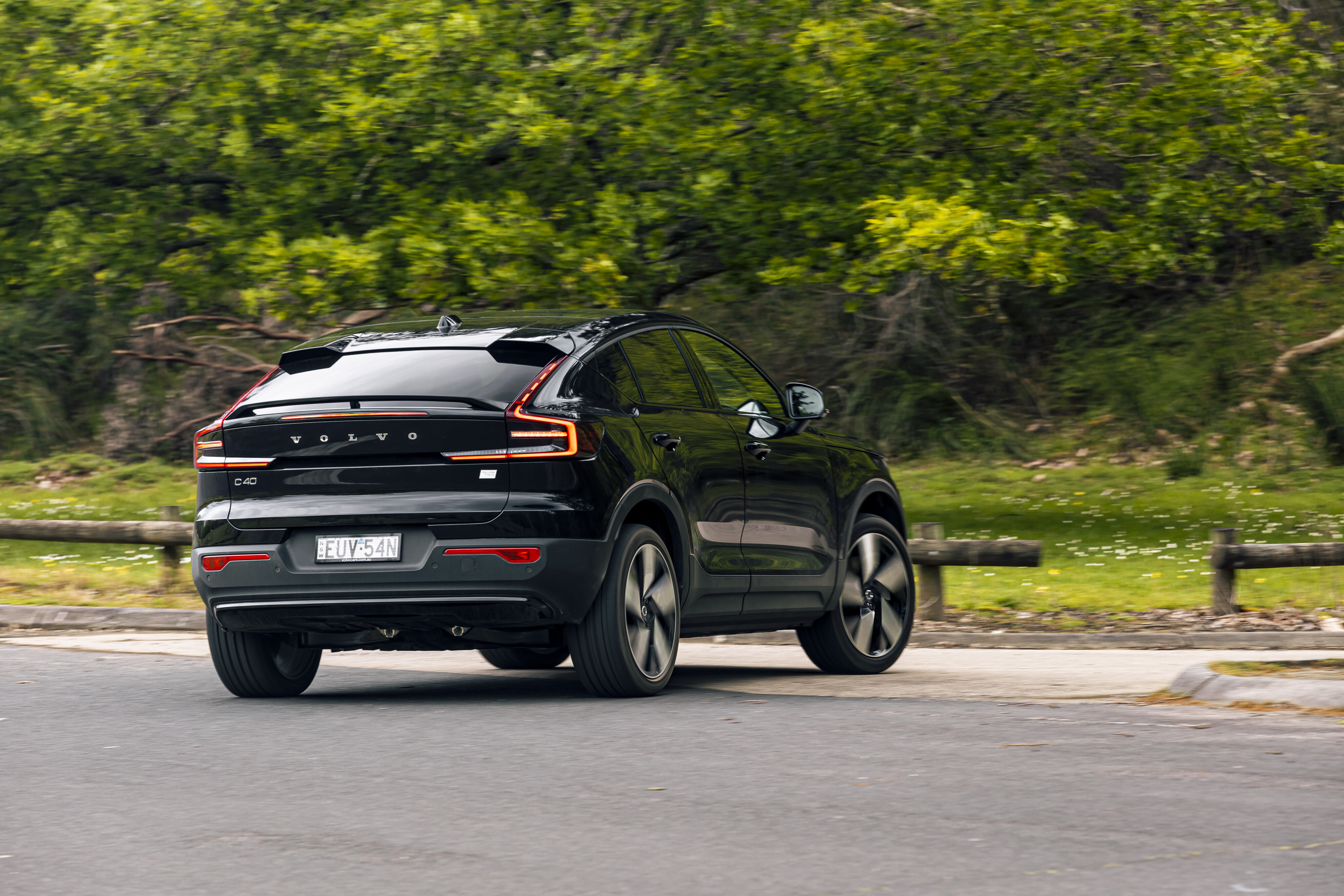
This is the key argument for buying an EV, as cheaper ‘running costs’ will help eventually recoup and surpass the extra purchase price premium in the long-term.
The more you drive and the more you charge, the more money you save in the long run.
However, be aware that some public electric car charging providers demand fees that are comparable to refuelling a petrol or diesel car. For more, read on.
JUMP AHEAD
- 🔋 What’s the cheapest way to charge?
- 💵 Charging cost examples: MG, BYD, Tesla and Kia
- 🤔 Does it take too long to charge an EV?
- ❓ FAQs
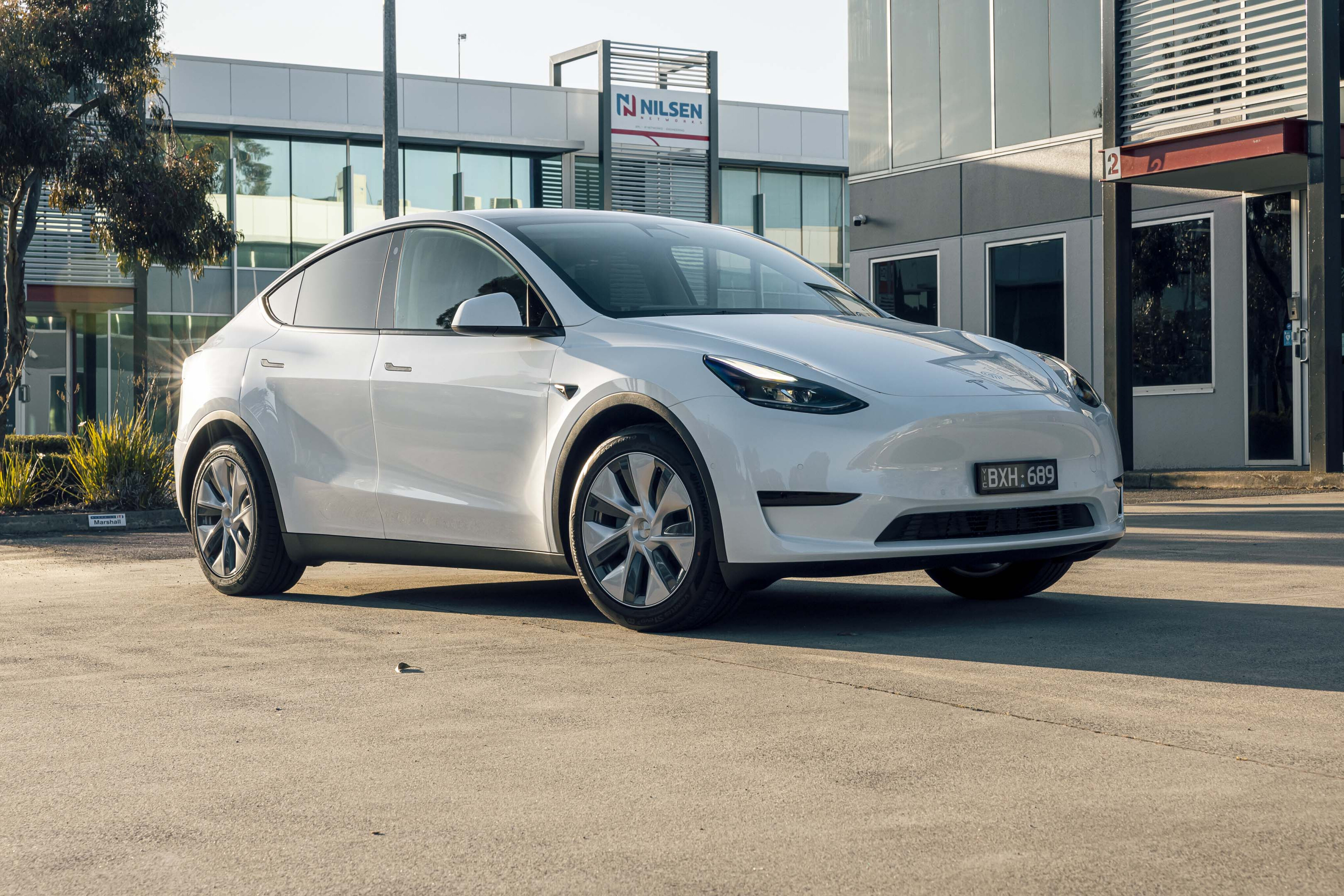
🔋 What’s the cheapest way to charge?
Key Points
- Charging at home during off-peak or solar is cheapest
- Public charging station fees vary depending on provider, so be money-wise
- Owners will need to pay up to 15% charging losses, too
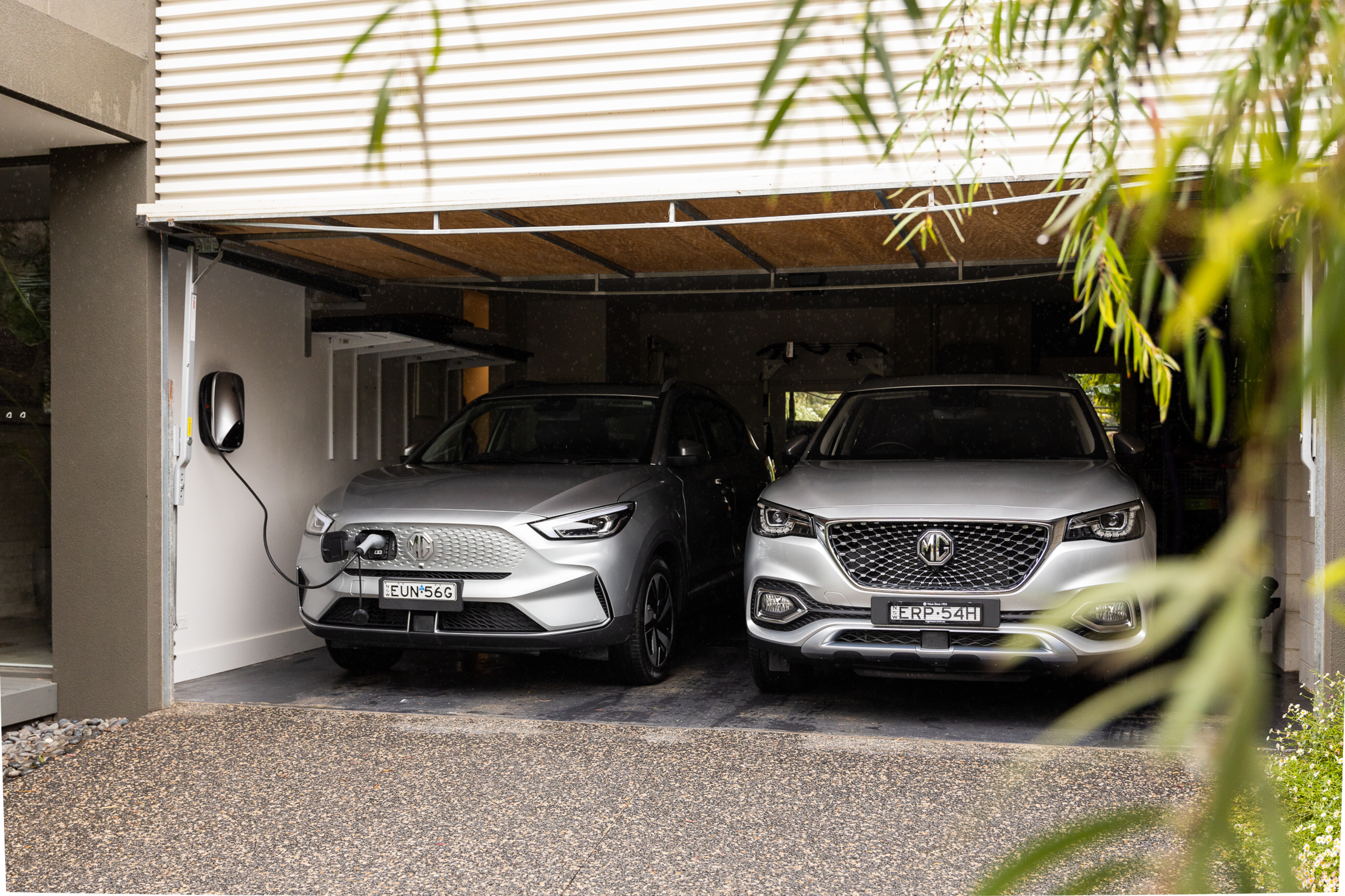
🏠 Charging at home
The most affordable, reliable and convenient way to recharge an electric car is at home, overnight, during the cheapest off-peak electricity tariff – typically between 10pm to 7am, depending on the provider and plan.
According to the Australian Government’s Energy Made Easy [↗] comparison tool, typical off-peak pricing for time-of-use plans can range between $0.20 to $0.30 per kilowatt-hours (kWh) as a rough guide.
That’s up to 50 per cent cheaper than if you charge during peak times, typically during the afternoon and evening.
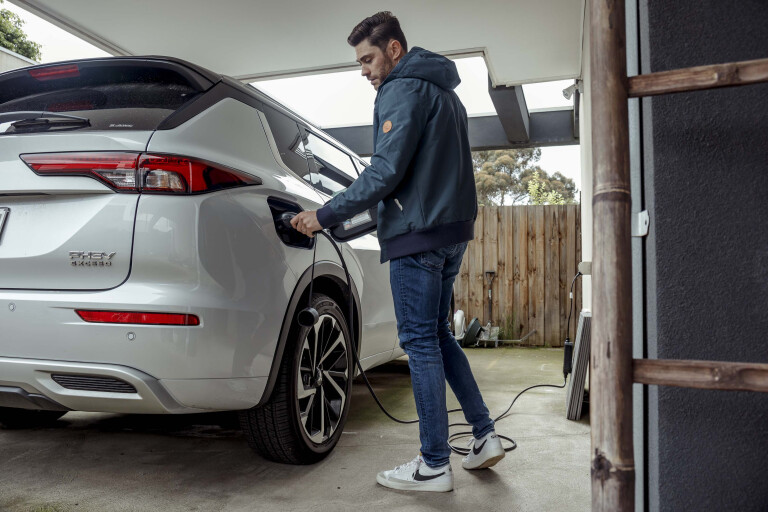
It’s worth noting that electricity rates constantly fluctuate and differ depending on the plan, provider, and location. Check your electricity bill for the latest rates.
Some electricity providers also offer dedicated EV charging plans with ultra-low cost tariffs or free energy periods – but depending on the provider, general home usage rates could be overall higher-than-usual.
Owners can set a scheduled AC charging timer on most EV models or ‘smart’ trickle charging cables and wall boxes, so all you need to do is plug in when you get home.
Plus, if you have a solar panel system, then plug in anytime during the day when the sun’s out for essentially ‘free charging’ to further cut running costs. Select smart AC wall box charger models can even take the guesswork out by automatically charging when there’s solar generation.
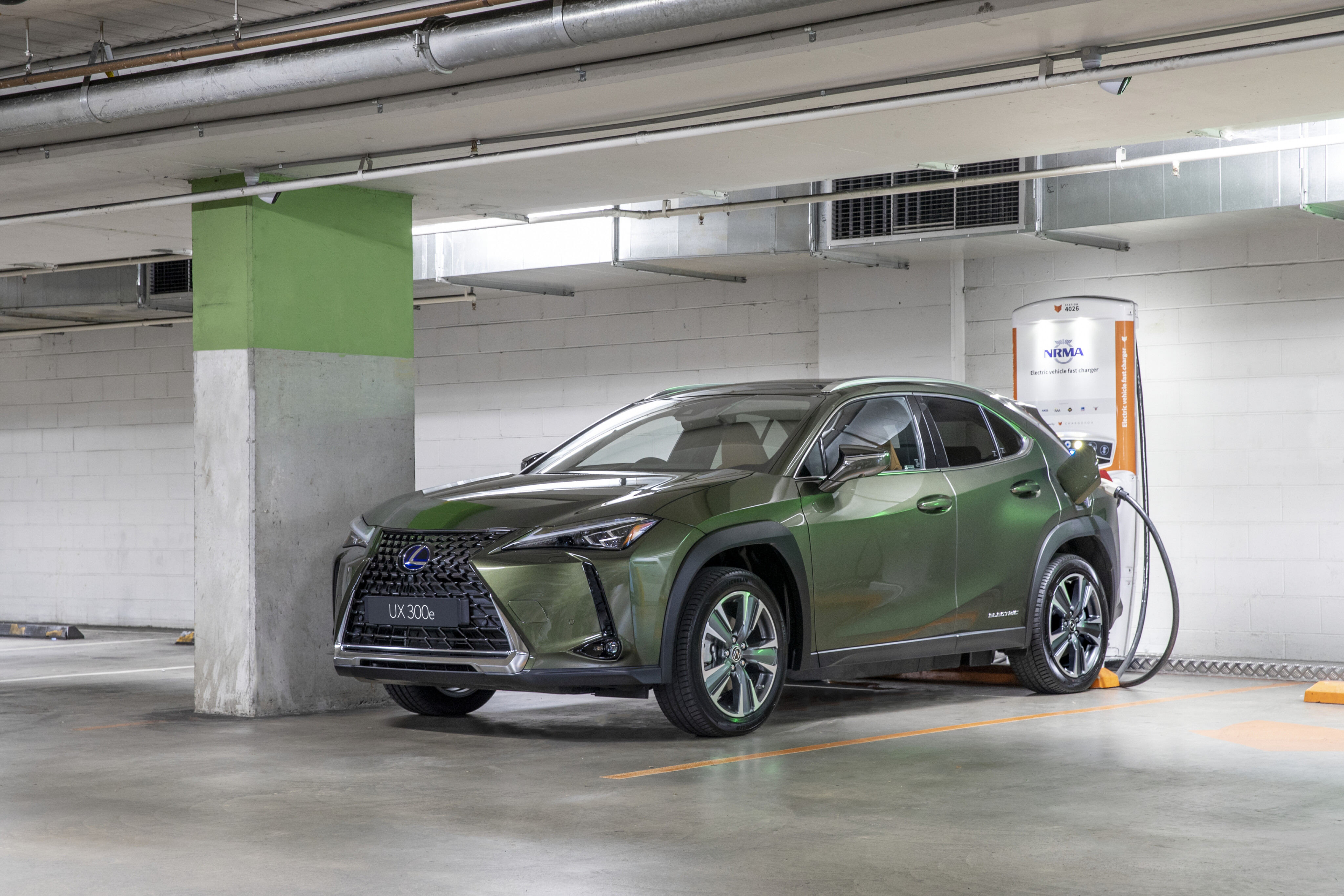
⚡️ Public AC/DC chargers
If you need to charge on-the-go, public charging provider operators set the cost rate – mostly by per kilowatt hour (kWh) of energy delivered.
It’s worth noting that EVs typically require around 10 to 15 per cent more electricity than the battery size, so you’ll need to pay for any charging losses in the energy transfer process, use of vehicle electronics, and battery management systems (BMS) such as active thermal cooling.
For the most accurate and up-to-date pricing, check the charging provider’s smartphone app directly.
| Public charging provider standard pricing rates (as at August 2023) | |
|---|---|
| Chargefox 50kW DC | $0.45 per kWh |
| Chargefox 350kW DC | $0.60 per kWh |
| Evie Networks 50kW DC | $0.50 per kWh |
| Evie Networks 350kW DC | $0.65 per kWh |
| BP Pulse 75kW DC | $0.55 per kWh |
| Ampol AmpCharge 150kW DC | $0.69 per kWh |
| Tesla Superchargers 150kW/250kW DC | ∼$0.43 to $0.69 per kWh* (∼$0.65 to $0.81 per kWh for non-Tesla EVs without membership at select trial locations) |
| *Tesla uses variable pricing, which changes depending on the time-of-day and station demand. ‘Idle fees’ also apply when the vehicle has finished charging, but still plugged in after five minutes – penalising $0.50 or $1.00 per minute when the location is 50 per cent or fully occupied respectively. | |
If you have a state motoring club membership, select Chargefox DC charging sessions are eligible for a 20 per cent discount.
Similarly, some higher-end EV models from brands, such as Audi, Lexus and Genesis, also come with a free Chargefox subscription for unlimited use within a limited period.
What about the other chargers?
Some state government- or council-backed EV chargers can be even cheaper. Most operate under the Chargefox network, but aren’t owned by them and therefore free to set their own fees.
Some local businesses may even offer free charging, with some exceptions and rules.
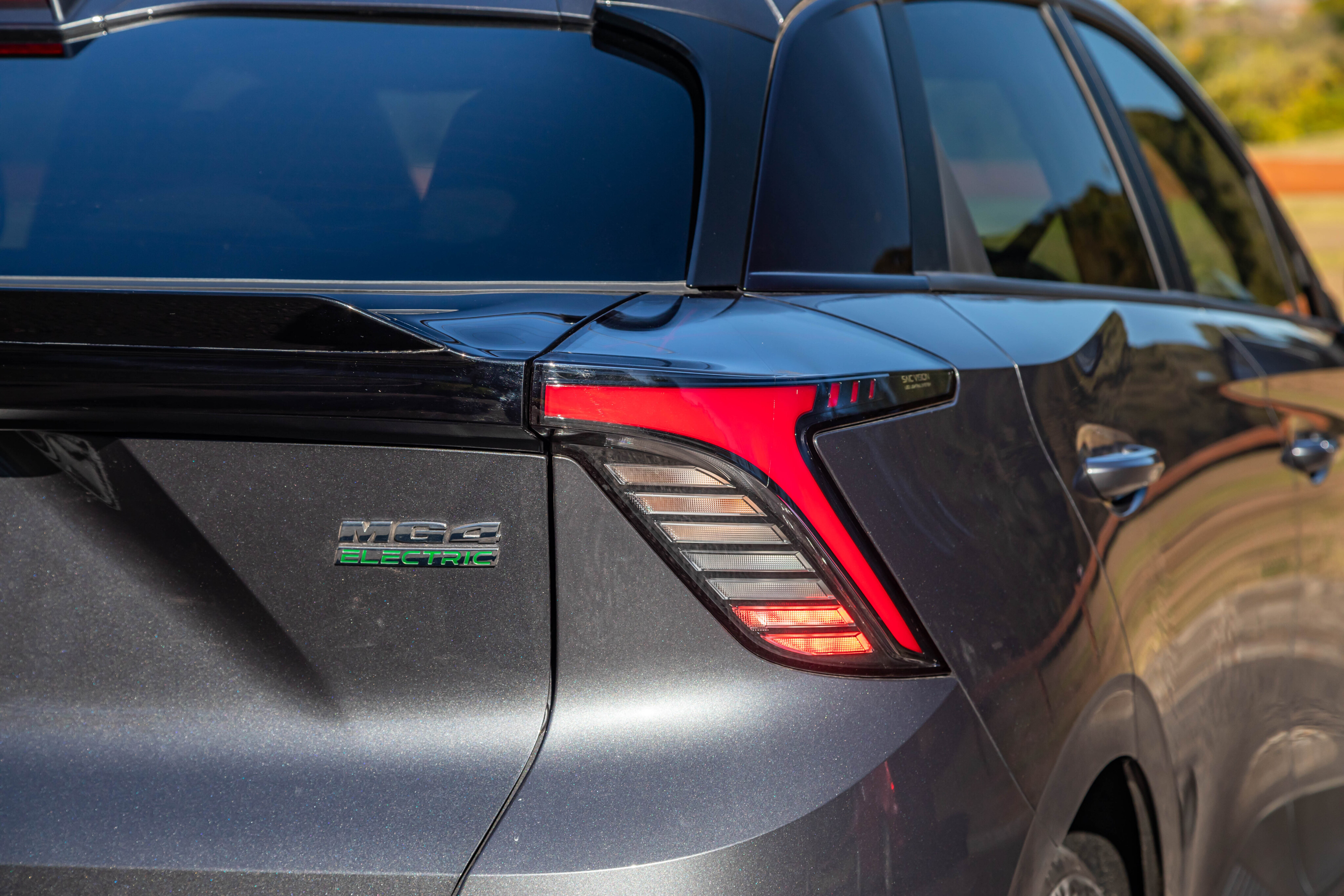
💵 Breaking charging costs down
Key Points
- Limit charging to 80% is best for battery and waiting time
- Home charging is significantly cheaper, despite rising electricity costs
- Generally, faster charging output speed means more expensive rate
All charging costs below assume recharging from 10-80 per cent (70 per cent charge), without potential charging losses.
Most manufacturers recommend charging up to 80 per cent only on lithium-ion type packs to maintain good battery health – and avoid prolonged charging wait times, regardless of the battery type. Keep in mind that charging speeds will be limited by both the power source output and maximum AC or DC input capabilities of the EV model.
Table below scrolls horizontally to reveal more columns.
| MG 4 Excite 51 (35.56 / 50.8kWh) | BYD Atto 3 Standard Range (34.94 / 49.92kWh) | Tesla Model Y RWD (40.25 / 57.5kWh) | Kia EV6 (51.8 / 74kWh) | |
|---|---|---|---|---|
| Home (overnight off-peak tariff) | $8.89* | $8.74* | $10.06* | $12.95 |
| Chargefox 50kW DC | $16.00 | $15.72 | $18.11 | $23.31 |
| Chargefox 350kW DC | $21.34 | $20.96 | $24.15 | $31.08 |
| Evie Networks 50kW DC | $17.78 | $17.47 | $20.13 | $25.90 |
| Evie Networks 350kW DC | $23.11 | $22.71 | $26.16 | $33.67 |
| BP Pulse 75kW DC | $19.56 | $19.22 | $22.14 | $28.49 |
| Ampol AmpCharge 150kW DC | $24.54 | $24.11 | $27.77 | $35.74 |
| Tesla Supercharger 150kW/250kW DC | $23.11 - $28.80** | $22.71 - $28.30** | $17.31 - $27.77 | $33.67 - $41.96** |
| *Assumes $0.25 per kWh off-peak electricity rate, no solar panel and battery storage system | ||||
| **Non-Tesla EV charging fees (without subscription discount) apply – only available at select trial locations. | ||||

🤔 Does it take too long to charge an EV?
Charging times is also a key perceived barrier to making the switch. Check out the guide below and the following links to find out everything about EVs.
More EV stories to help you choose the best car for your needs
🚘 EV news, reviews, advice & guides
- ❓ Short & sweet: Your EV questions answered
- ⚡ New EVs: Everything coming to Australia
- 🥇 Australia's EVs with the longest driving range
- ⚖️ Best-value EVs by driving range
- 💰 How much do EVs cost in Australia?
- 😰 How much more expensive are EVs?
- ⚖️ Number crunching: Is it time to switch to an EV?
- ♻ Should you buy a used EV?
- 🛡️ Are EVs more expensive to insure?
- 🆚 Costs compared: Charging an EV vs fueling a car
- 📖 EV charging guide
- 🚧 Are there enough EV chargers in Oz?
- 👨🔧 EV servicing explained
- 🔋 EV battery types explained
- 🪫 When do EV batteries need replacing?
- 🆚 Hydrogen v EVs: What's best for Oz?
- ✋🏻 Mind your manners! EV charging etiquette tips
- 🌏 How sustainable are EVs, really?
MORE advice stories to help you with buying and owning a car
EV charging costs: Frequently Asked Questions
The cost to charge an electric vehicle varies depending on the source of electricity, but in general, recharging is often cheaper than refuelling a petrol or diesel car – even despite rising electricity costs. Especially since fuel prices often rise by a greater margin.
The argument is that while EVs are still (mostly) more expensive to buy than a conventional combustion-engine model, the cheaper running costs of recharging and servicing an EV will eventually recoup and surpass the extra price premium in the long-term.
The most affordable, reliable and convenient way to recharge an electric car is at home overnight when there’s the cheapest off-peak electricity tariff, typically between 10pm to 7am, depending on the provider.
This is around 70% cheaper than charging during peak times. Owners can set a scheduled charging time on most EV models, so all you need to do is plug into the three-pin socket or wall box when you get home.
Yes, if you have a solar panel system, then you can plug in anytime during the day when the sun’s out for essentially ‘free charging’. Combined with a home battery storage system, free charging also applies during the night (if there’s excess energy) and vehicle-to-grid (V2G) technology is emerging, too.
Public charging provider operators set the cost rate for charging an EV at a public charging station, based on their own energy costs and the level of competition in the area (just like any other business).
Yes, fees may vary at some locations, depending on the time of day. This, too, depends on the provider's own costs and the level of competition in the area.
Yes, Chargefox DC charging sessions are eligible for a 20% discount for state motoring club members.
Wheels Media thanks David Bonnici for the original version of this story.
COMMENTS